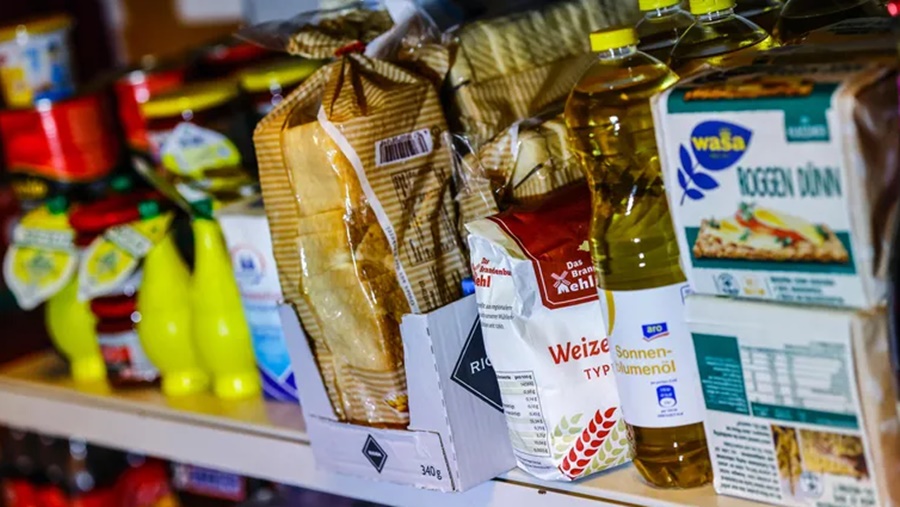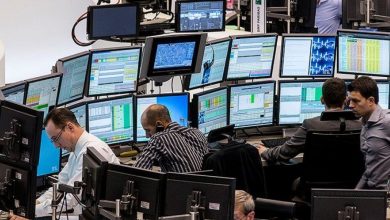Inflation in Germany hits 50-year high
Rising fuel prices, more expensive groceries and ever-increasing energy costs - inflation in Germany is at its highest since the winter of 1973. Experts are concerned.

Expensive gas and food are driving German inflation higher than it has been for almost 50 years. Goods and services cost an average of 7.9 percent more in May than a year earlier, as the Federal Statistical Office announced on Tuesday, thereby confirming an estimate from the end of May.
The last time inflation was similarly high was in the winter of 1973/1974, when fuel also rose sharply as a result of the first oil crisis. In April, the value was still 7.4 percent. The European Central Bank (ECB) considers a level of 2.0 percent to be ideal for the euro area. Because of the price hike, the ECB, headed by President Christine Lagarde, wants to raise interest rates in July for the first time in eleven years.
“Price increases for energy products are still the main cause of the high inflation,” said Statistical Office President Georg Thiel. “But we’re also seeing price increases for many other commodities, particularly food.” Energy prices increased significantly by 38.3 percent in May. Fuel prices rose by 41 percent, light heating oil cost almost 95 percent more than a year ago.
Biggest rise in food prices since reunification
Experts are concerned that prices are not only rising for energy, but across the board. Food prices rose by 11.1 percent, more than at any time since reunification.
Edible fats and oils cost significantly more (+38.7 percent). The inflation rates for meat and meat products (+16.5 percent), dairy products and eggs (+13.1 percent) and bread and cereal products (+10.8 percent) were also in the double digits.
The Ukraine war and the West’s sanctions against Russia are causing rising prices for energy, raw materials and food. This in turn puts a strain on companies and consumers and slows down the economy.




